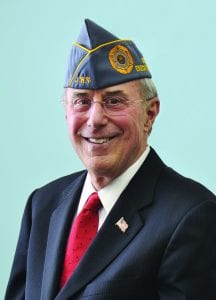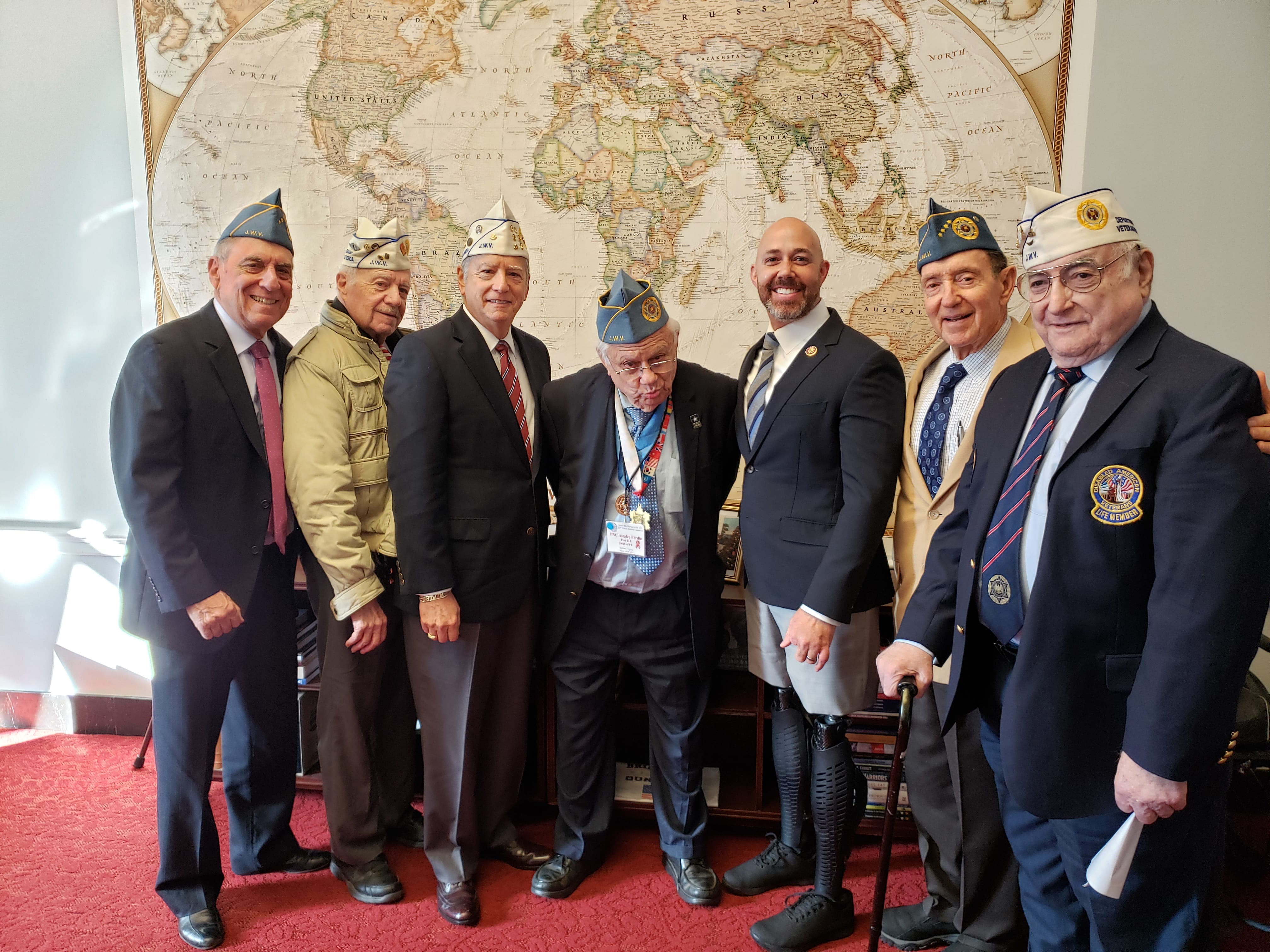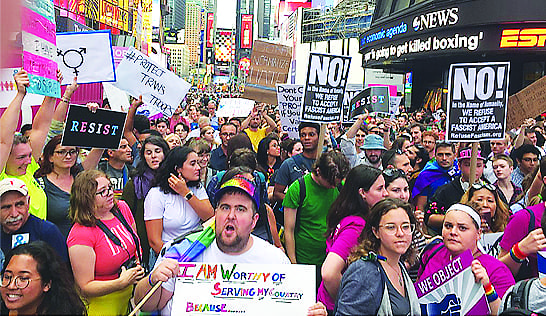Post: Lehigh High Valley Post 239
Current Residence: Fogelsville, PA
Military Service: February 1980-May 2014
Member Since Year: 2009
1.When and why did you serve in the military?
I enlisted in the Air Force Reserves because I wanted to serve my country. I turned down a Commission to enlist as a Jet Engine Mechanic because I wanted to challenge myself and learn a new trade.
2. How did you get introduced to JWV?
There was several JWV members at my shul who encouraged me to join. I was definitely the most influenced by a Holocaust survivor who told me that JWV defeats the American concept that Jews do not serve in the military or fight.
3. JWV has many programs to help support both those in and out of uniform. Which program do you feel most connected to or would want to change and why?
JWV has many programs that are not known to the public such as scouting and the grants programs. The public and Jewish service members are not readily aware of these opportunities. I feel that our job as members is that we need to create an awareness and interest in everything that we do to support those in and out of uniform as well as their families. I am currently working to increase an awareness of women veterans. I do feel that JWV should work more closely with local Jewish organizations partnering or sponsoring programs and also feel that JWV National needs to create awareness with national Jewish organizations. I do believe that they have started to create an online persona to attract present service members and those recently discharged, but it still needs to be stronger and more robust.
4. As a woman who has served in the military and is also the Chairman for the Women in the Military Committee, what do you see as the biggest problems facing women who serve in the armed forces today?
The continued awareness and acceptance of Women Veterans. The areas of concern are gender specific medical conditions including gender specific prosthesis, ancillary or support issues such as babysitting service at VA facilities, programs for homelessness which often include the Veterans and her family. Gender specific therapy for PTSD, Military Sexual Trauma (MST) and aging issues. As veterans age programs for maintaining quality of life at a home or services in the home. Also the mortality rate for women is greater hence issues of living alone may become prominent.
5. Can you tell us a bit about your Jewish background and what was the catalyst moment that called you to serve?
I previously attended a Conservative shul. Presently attend a modern Orthodox shul. There have been challenges to being observant and I hope this will be better in the future with more Jewish chaplains serving in the military. An example that I can give is a common problem, trying to find services on Temporary Duty (TDY). When I was activated for both the Gulf War and Operation Iraqi Freedom I was re-issued dog tags without my religion and a Christian Bible. No Chumash was available.
6. What is your favorite movie and does it relate with your experience in the military?
I like most war movies from WWII to present. I enjoyed the movie Interceptor in which part of the movies was on a mockup of a C-5 airplane. It was a thriller, but the interior of the plane was not correct. I was laughing in the theater. The patrons kept looking at me as if I was crazy. I enjoyed Twelve Strong and Zero Dark Thirty.
7. What is you most favorite Jewish food?
Kasha and bowties, noodle kugel.




